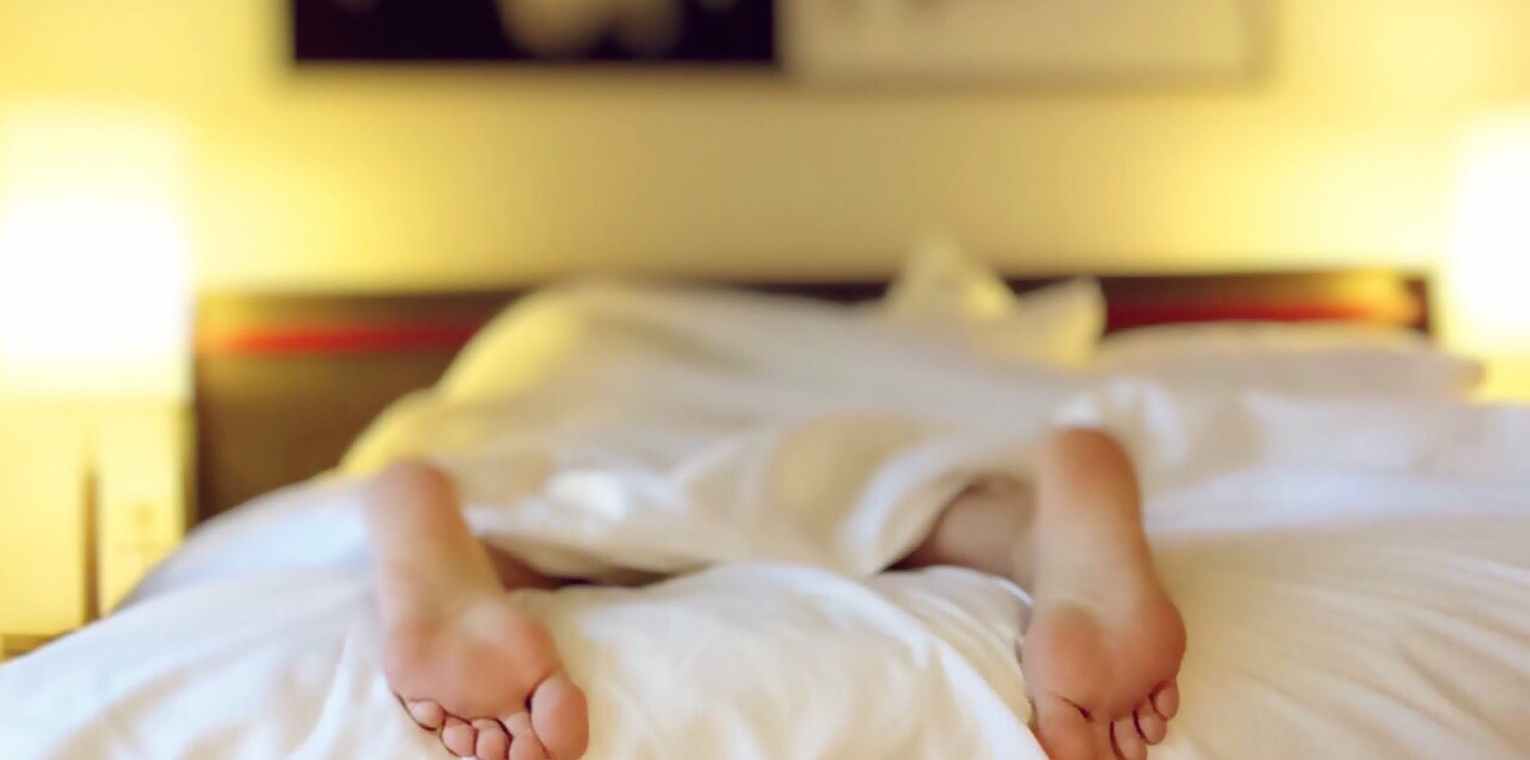What’s your morning routine?
Simple question but if you have suffered, or are suffering, from low mood, it’s very significant. And as the nights draw in and the mornings get darker it is important to think about it.
I recently asked this question to a young client who was feeling particular down and demotivated. There was a short pause and then they said:”I don’t really have one, I just wake up, lie there, wait a bit and then think: ‘What’s the point?'”
It’s kind of like leaving a psychological “welcome mat” out for depression, and yet so many of us do something similar. Wake up and wait to see what kind of mood we are in, rather than make a conscious effort to pre-empt that mood. I’m not saying you can choose your mood like a track on your i-pod, but you certainly can create a more positive environment, and thereby influence how you are likely to feel.
A lack of activity, direction, uncertainty or too much time for introspection are all fertile conditions for low mood and feeling negative.
So create the opposite with structure and routine, which absorb you and give you direction, leaving no gaps for low mood
The sooner you do this in the day the better, as it sets the tone for what follows, hence the importance of the morning routine!
So instead of waking up and lying there, it’s so much better to wake up and have a plan. ideally have planned something the night before.
This can be as energetic and adventurous as you want. You can set your alarm and go for a morning run to get the endorphins going if that’s your thing, but not all morning routines have to be so energetic.
Simple breathing exercises as soon as you wake up and are still lying in bed are a great way to start the day. It can be something as simple as breathing in to the count of five and breathing out to the count of five. Try to do this for three minutes and see how much calmer and grounded you feel. It’s important that whilst you are doing this you concentrate just on the breathing and try to stop your mind wondering or, even worse, worrying. If you can’t do a breathing exercise for three minutes, just doing it for three breaths will still make a big difference. It’s all about calming down your emotional brain before it takes over, and giving your rational brain a chance of calling the shots instead.
Once you have done the breathing, meditation is a great follow on, not a freestyle yoga style meditation but one off your smart phone. There are lots of free meditation apps which can really be a great way to start the day. Look in the app store on your phone, down load some of the free ones and give them a go. You can search under subject titles, e.g. morning meditation, and then select the length of time you want to meditate for. Between five to ten minutes is perfect and do the meditation whilst you are still lying in bed, ideally with your headphones on.

Photo by Pixabay on Pexels.com
Now the rest of your routine should just follow on naturally if you have planned it until you leave the house. Ideally it is a framework that grounds you and makes you feel secure. Decide in advance whether it is bath or shower? Get dressed before or after breakfast? Choose clothes to wear the night before or pick and mix? You get the idea…
Just two more thoughts on morning routine and the first is about breakfast. A good breakfast, even if you are not feeling particularly hungry is really important to raise mood, and it is good not to have one loaded with sugar and salt. Try to eat it sitting down with a drink and not on the go if at all possible.
Final thought, talking to people and being around people is something to be very aware of with low mood. We have a tendency to withdraw and isolate ourselves when we are not feeling great, when really we need to be around people, and ideally have meaningful conversations. So try to talk to your partner or flatmate or dog or goldfish in a morning, or at least be with them for a few moments. If you can car share, or walk to work with a colleague or friend, so much the better.
Have a good morning!
This article first appeared in Counselling Directory, where you can view it here.

